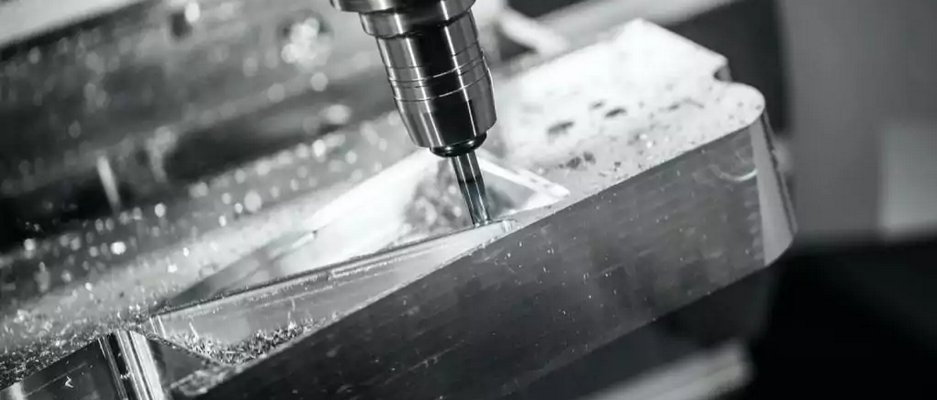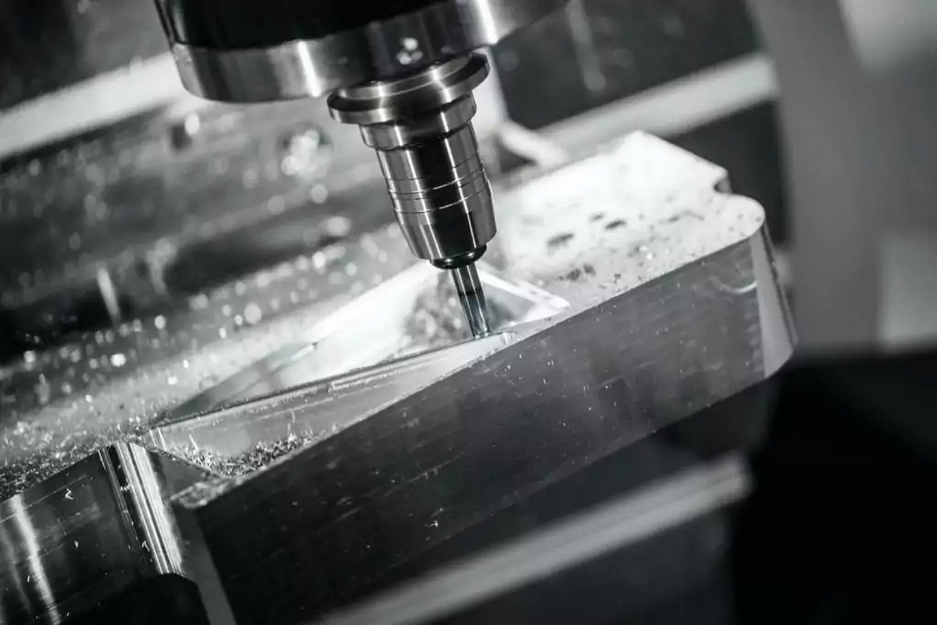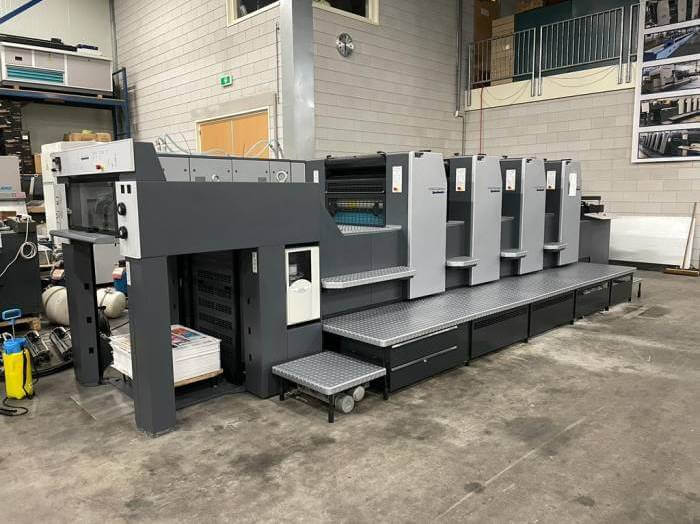
Industries Which Use CNC Machines
April 15, 2024
CNC (Computer Numerical Control) machines function by reading and following instruction which have been input numerically. These instructions originate from a CAD (Computer Aided software) drawing which outlines the objective design, then sends this via G- Code (a computer-legible code) to the CNC machine to follow out.

CNC machines originate from factory machines such as mills and lathes, which have been retrofitted with computerised components in order to minimise human interference. This has meant faster production rates whilst maintaining the uniformity and integrity of the products. CNC machines have a plethora of functional abilities and potential applications and are used worldwide in various sectors. Here are some examples of industries which utilise CNC machines.
Aerospace
Aerospace was actually one of the first uses for CNC machines, originating back to John Parsons introduction of early CNC machining to the U.S. Air Force, where the machines were used to produce aircraft parts. To this day the aerospace industry use CNC machines to develop their parts, which makes total sense if you take into account the uniform, detailed and specific nature of CNC products and the critical need for precision and accuracy in this industry.
Electronics
As you can imagine, the electronic industry also requires highly accurate and intricate parts whilst also maintaining an extremely high product demand. Of course, CNC machines are perfect for the job, particularly pick and place machines, which (as the name suggests) relocate parts on circuit boards to their correct placement. The size of some of the necessary parts are so small that a human operated machine would no doubt end in error fairly regularly, not to mention the difference in speed!
Medical
Again, the level of detail, intricacy and precision necessary for medical components is potentially the most important of all – after all, consider the importance of medical instruments and implants, etc. Not only do CNC machines offer the production rate, precision and reliability that is integral for medical needs, but the prototyping capacity of CNC machines facilitates efficient testing and further reduces production time.
Military
From firearms to the defence industry, strong, durable and reliable tools must be made with the utmost care. Whether it’s large strong parts for military vehicles or the tiny, intricate inner workings of a gun – the integrity of these products are relied upon to save lives. The quality assurance of CNC machines makes their use a no-brainer.

Darin is a wonderful person. He is very nice and always willing to help out! He loves his job because it lets him share interesting things with people who want to know about new developments in the world of technology.

